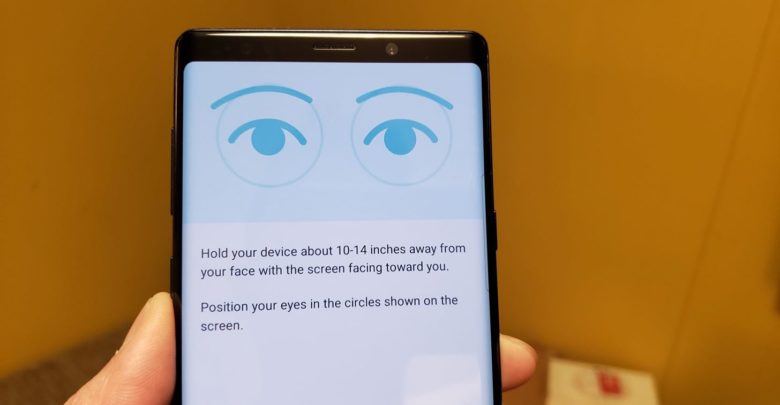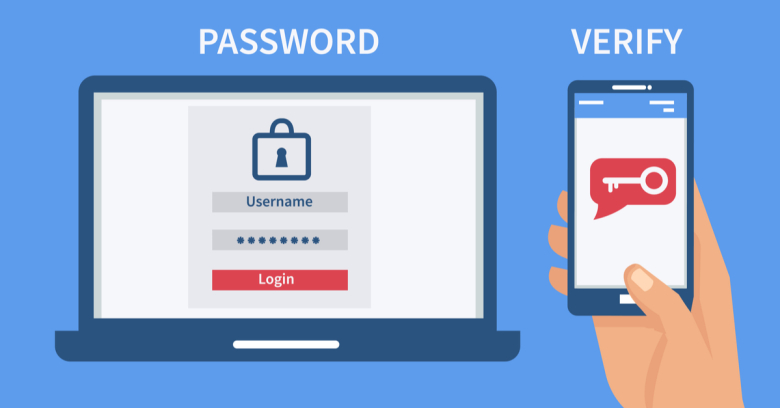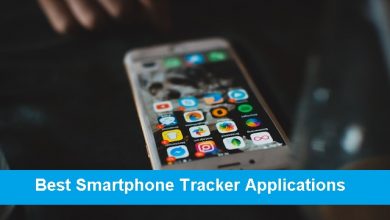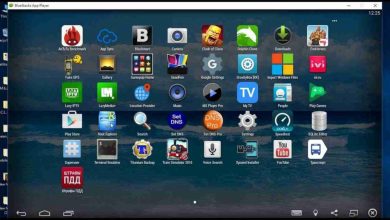
Traveling is fun; it changes you mentally as well as psychologically. However, it can also be daunting and nerve-wracking. You are going into a new country; you don’t understand the language, you are unaware about the roads, you don’t know if your mobile network will work and you have that constant fear of getting lost.
However, you have a handy solution- your Smartphone! With some Smartphone apps, you can ward-off all worries and can stay stress-free on your trip. Here are some things you need to in your phone when heading for an international trip:
Use Password Manager:
If you are still getting around to using a password manager, think this way- it’s one of the safest practices that security managers urge to use. It helps you fight with criminals by generating and storing the different password for your online accounts’.
It stores the login information of all the websites you use, allowing you to log in automatically. They encrypt your existing password with the master password ( the only one you need to remember). Your passwords are like the gatekeepers of your digital data, and it’s up to you to ensure that they are secure and properly armed.
Having a VPN:
If you are concerned about how secure and private your web is when you are in another country, you should get a VPN. A VPN is a virtual private network that lets you build a strong connection with other networks over the Internet.
You can use them to access region-restricted sites without putting your online data at risk. Also, they are effective in keeping your data transmissions private and secure, especially when you are using public networks.
They let you connect with business network together over the Internet. But while it’s for safe browsing, there are some common myths about VPNs that restrict people from using them. A VPN hamper the browsing speed; they are for advanced users; they provide complete anonymity are some of them. However, not any of them are true, as VPN will keep your data safe and private.

Applying Two-Factor Authentication:
Two-factor authentication also called multifactor or two-step verification, act as an added layer of security to the online accounts. You can call it as a security door that is hard to access and get-in.
Moreover, it requires you to have a second form for identifying information like a numeric code generated by the app. In simple terms, you will get alerts with a security message or unique verification code on your phone when someone tries to enter your account. Further, two-factor authentication protects hackers from targeting their accounts.

Encrypting Emails:
Today, every business communication is done via emails; therefore, the mail data must stay confidential, failing which it can put serious damages to the data. It also leads to data exposure and can hamper your confidential information.
Email encryption also nullifies the sent message possibilities. You know that the messages can be modified, altered, and re-sent later. With encrypted emails, you don’t have to provide any personal information, neither have to keep a record of the IP address.
Denying App Permissions:
Most of the web apps require system permission to perform the full range of functions. And, if you tap in those functionalities, you have not been given access permission forever. However, if there’s an app, you can make your access granted permission more nuanced. Some apps also let you offer temporary permission rather than ongoing authorization.
So, if you are traveling to another country, and don’t want to be in trouble, make sure you have apps mentioned above installed on your Smartphone.




